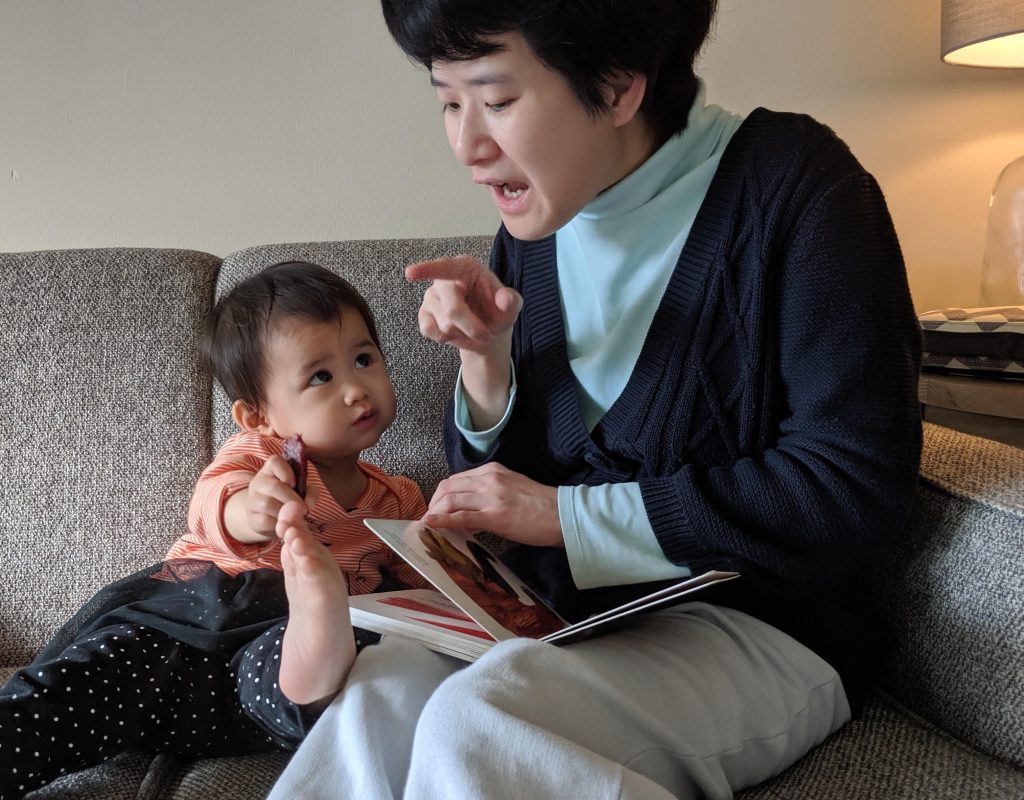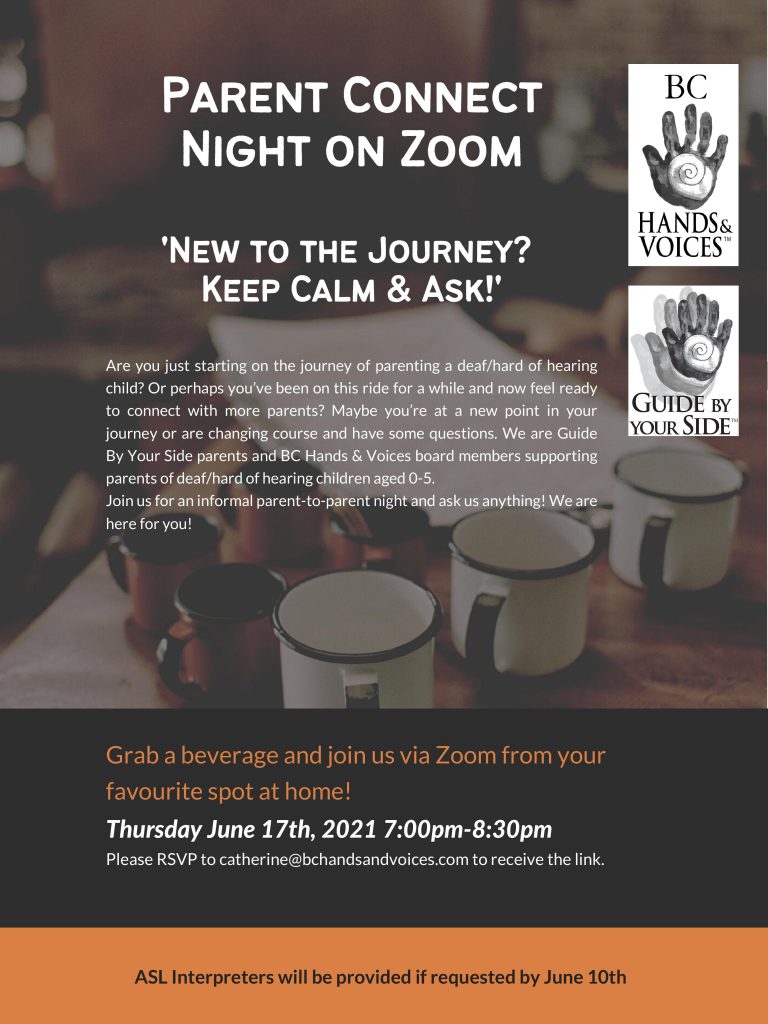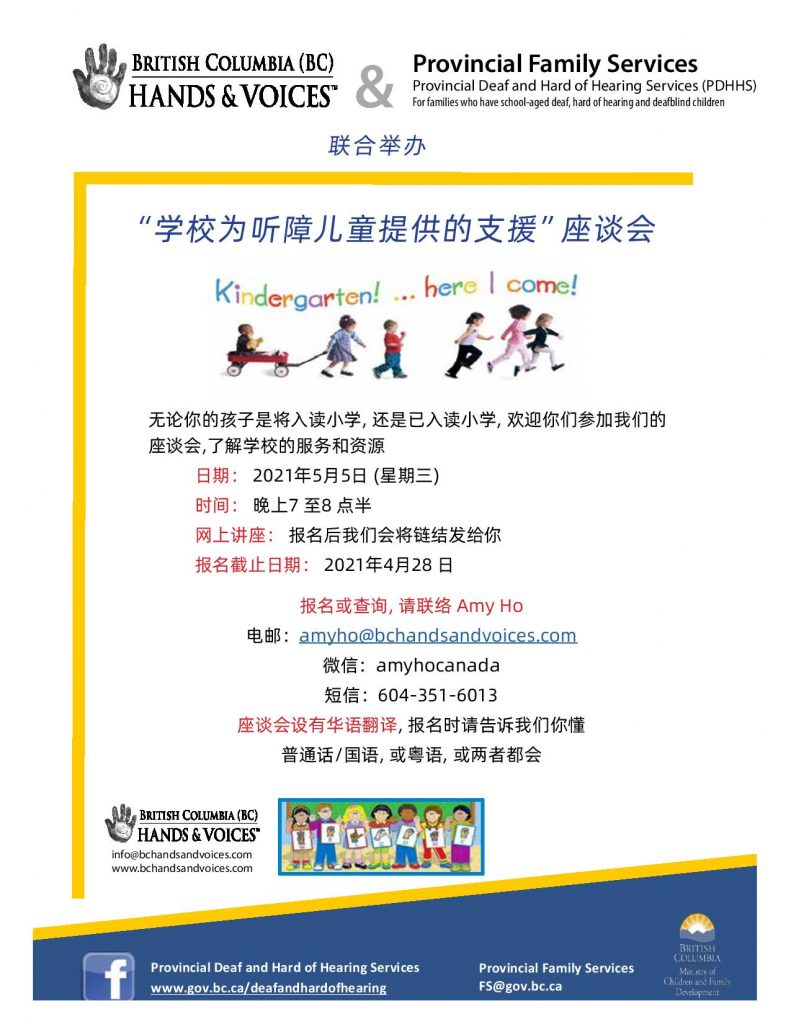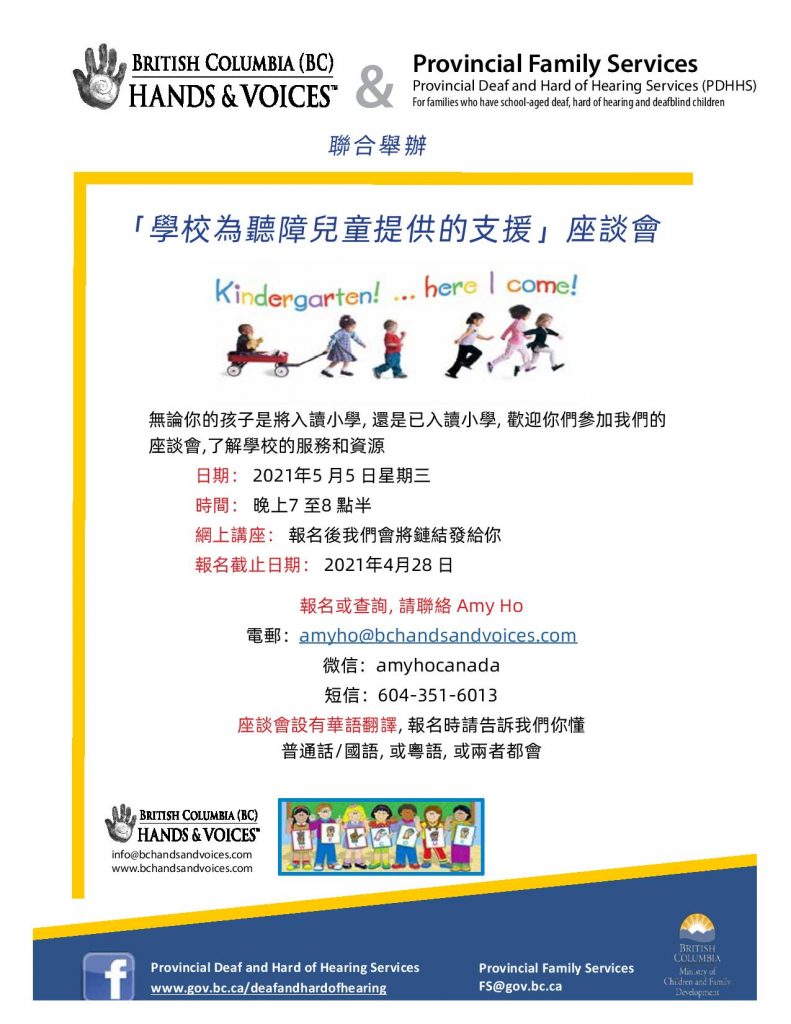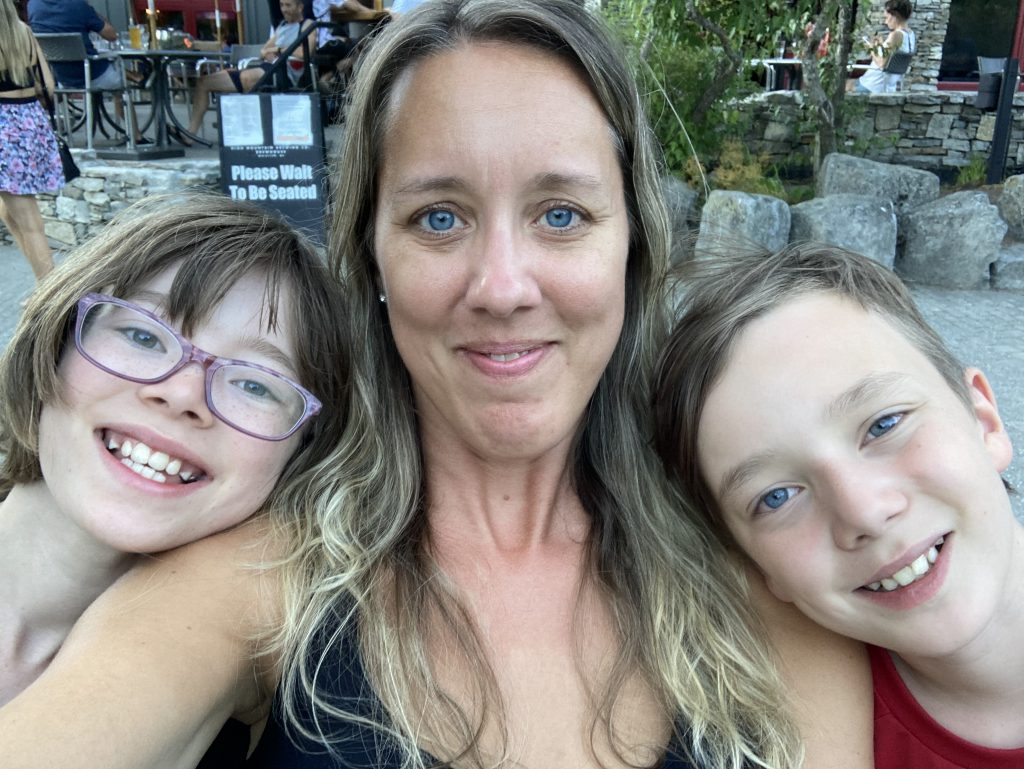by Rosalind Ho
For the past year and more, as the COVID-19 pandemic has raged across the world, we have lived our lives in small bubbles. Within those circles, we have been confined to the boundaries of monitor screens or the pages of books, consuming news by scrolling newsfeeds or catching up on the stories behind Bridgerton or The Martian.
While some people have grown tired of the limitations of pandemic life, reading has always been a joy to me, not an escape from reality. And there really was a Joyce.
The first time I met Joyce was when I was just a toddler. Diagnosed with a severe hearing loss at eight months old, my world might have been a quiet one, but it has been peopled with princesses, thieves, artisans, runaway tomboys, wizards, and the like — none of whom I would have met if it hadn’t been for a kind and warm-hearted librarian.
I met Joyce because of my mom, Amy. My mom was a newcomer to Canada whose first language was not English. She was determined that her daughter would succeed despite her hearing loss. The first step in her plan for my language development was to get me interested in stories and reading.
At the library one day when I was about 18 months old, my mom spotted a sign advertising their storytimes, and she signed me up right away for the Little Bears storytime for toddlers 18 months to 2 ½ years old.
Joyce ran a weekly half-hour storytime for babies, toddlers, and young children at the Cameron branch of the Burnaby Public Library. She used to read aloud short children’s stories or sing nursery rhymes/songs such as “Little Miss Muffett” and “Ring Around the Roses”. She used puppets, gestures, and facial expressions to keep the attention of a group of tiny wriggly little tots.
Joyce often greeted the group with a frog puppet that she made jump up out of a basket. Mom would sit me on her lap and rock me to the tunes of “Mary Had a Little Lamb” and I would watch Joyce, fascinated by her lively gestures and expressive (unmasked!) face.
Despite my enjoyment of Joyce’s visual performances, my speech understanding was still developing. My mom wanted to teach me to hear and understand English while my young brain was still plastic enough to learn quickly. Mom went to Joyce and asked if we could borrow the books or songs to take home. Back then, the storytime materials were not available for loan because they were needed for another storytime. But once Joyce learned why my mom wanted them, she agreed to let us borrow the materials for a week after the storytime and then bring them back so that she could use them at another library.
At home, Mom would take out the story and/or song and read it aloud to me every day. I learned to read by listening to my mother’s soft voice hum “Ba ba black sheep, have you any wool?” pointing to the words on the page as she sang and signed them. My mom liked being able to go through the songs and stories with me right after the storytime while they were still fresh in my mind so that I would remember and understand better.
Years since those early days of puppets and nursery rhymes, it is now my turn to be the one to flip the pages of books while reading aloud to my 3-year-old niece and to sing and sign “Row Row Your Boat” to my baby nephew during video calls, sparking the same joy of stories and songs in them.
Though the days when I watched Kermit the Frog jump and laughed at Oscar the Grouch are far behind me, I have never forgotten the twinkling star who first set me upon the road to reading. Thank you so much, Joyce.